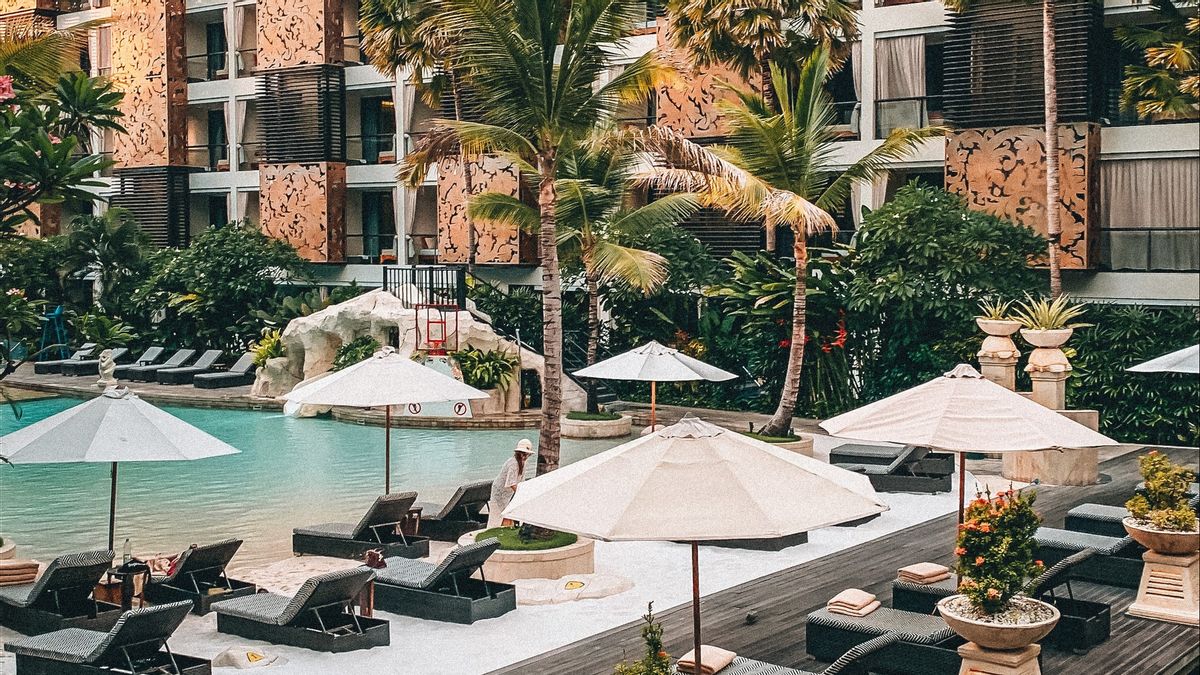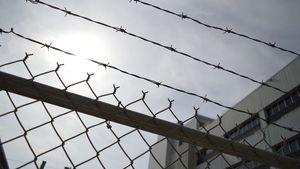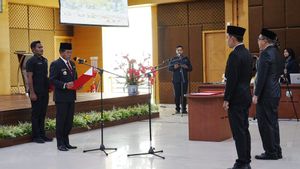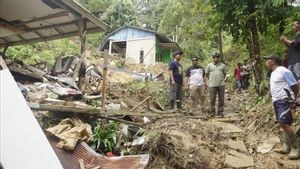JAKARTA - The Indonesian Hotel and Restaurant Association (PHRI) has rejected the mandatory Cleanliness, Health, Safety and Environmental Sustainability (CHSE) certification program for tourism actors, which will be implemented by the Ministry of Tourism and Creative Economy (Kemenparekraf). The reason is because it will add to the burden for business actors who are currently still under pressure from the COVID-19 pandemic.
Currently the CHSE certificate is still free and valid for one year, but the plan will be pushed to become an independent certification with an online single submission (OSS) mechanism.
PHRI Chairman Hariyadi Sukamdani considered that the CHSE certification was actually incidental to restore public trust during the COVID-19 pandemic and should not be mandatory.
"It was just last week that the discourse of CHSE certification which was discussed to be included in OSS. This is related to the opening of Bali as a start. This is also what we as the tourism industry, representing PHRI friends object to," he said at the 2021 Parekraf National Coordination Meeting with the theme 'Recovery and Growth of the Creative Economy Sector' online, Monday, 27 September.
Furthermore, Hariyadi said that with the entry of the CHSE certificate into the OSS, the certificate became a requirement that must be met in obtaining permits in the tourism sector. According to him, this will be an additional burden for business actors who are currently still experiencing cash flow problems.
"Because by being included in the OSS, this will be mandatory and it is a requirement to obtain permits in the tourism sector and also this will increase the cost burden for business actors. So we strongly object to making it mandatory in the OSS," he said.
Previously, the Chairman of the PHRI DKI Jakarta, Sutrisno Iwantono, gave an illustration, with the current number of star and non-star hotels which according to data from the Central Statistics Agency (BPS) is 29,243, so if the certification fee is set at Rp. 10 million, it will collect more than Rp. 292 billion per year.
Meanwhile, the number of restaurants throughout Indonesia is 118,069 (according to Euromonitor International, 2019; Yuningsih, 2021). If the cost is assumed to be only Rp. 8 million per unit, there will be an expenditure of more than Rp. 944 billion.
"This includes the negative sum game (no one benefits), the transfer of economic value from hotels and restaurants to other business actors implementing CHSE certification. We consider this a form of injustice," he said.
The English, Chinese, Japanese, Arabic, and French versions are automatically generated by the AI. So there may still be inaccuracies in translating, please always see Indonesian as our main language. (system supported by DigitalSiber.id)













